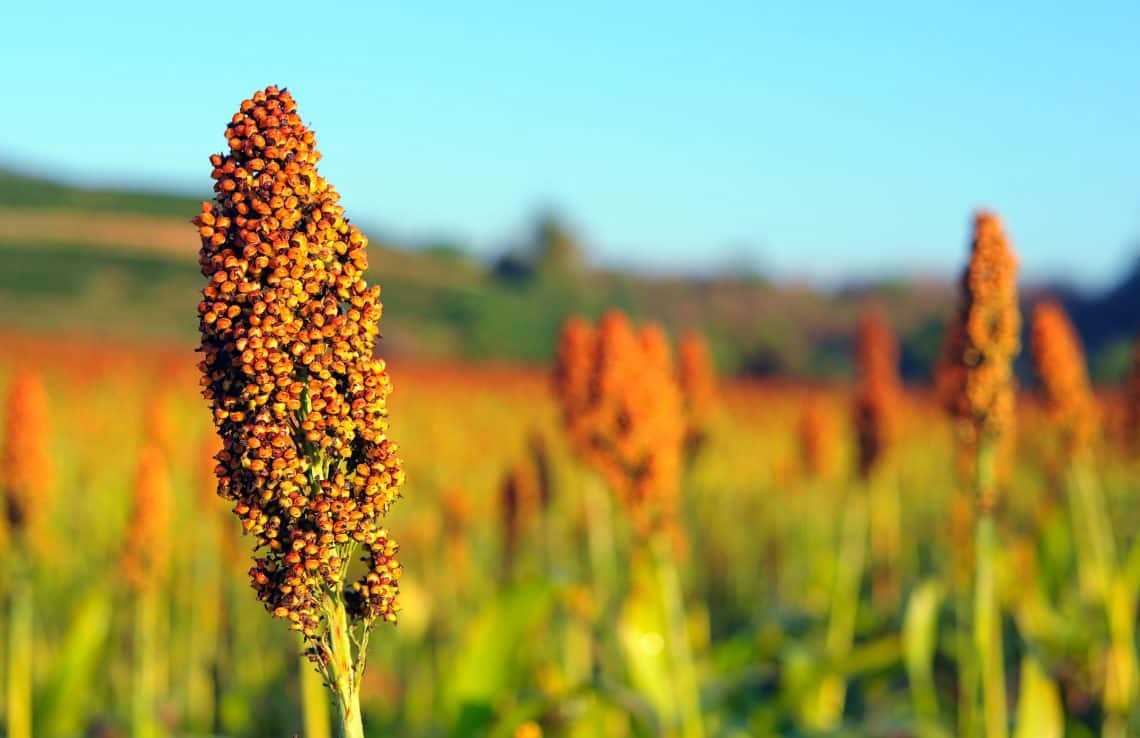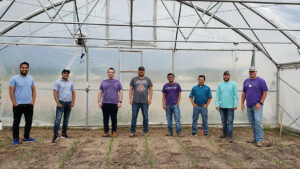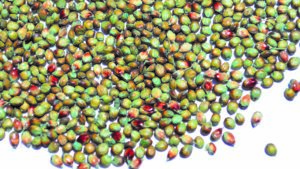Texas Tech University’s Krishna Jagadish, professor and Thornton Distinguished Chair in the Department of Plant and Soil Science, has received $1.6 million for one of the largest projects funded by the United Sorghum Checkoff Program (USCP).
Jagadish is partnering with Texas A&M University, Kansas State University, the USDA’s Agricultural Research Service (ARS) locations in Lubbock and Manhattan, Kansas and additional industry partners, according to a release.
Haydee Laza, assistant professor of plant physiology in the Davis College of Agricultural Sciences & Natural Resources, will also be a co-investigator for the project.
The project, titled “Transforming grain sorghum’s climatic yield potential and grain quality through trait-based ideotype breeding”, was created to maximize sorghum crops by identifying effective trait combinations geared to specific environments.
“The project brings together major public sorghum improvement programs in the U.S.,” said Jagadish. “The trans-disciplinary team aims to achieve the project goals by integrating agronomy, crop physiology, breeding, machine learning and crop and climate modeling.”
Researchers hope to create trait-based ideotype sorghum hybrids that can thrive in water-deficient regions and in locations that are considered favorable for growing the crop.
“For the first time in modern history, we have an opportunity to reimagine the architecture of the plant and how it operates,” said USCP CEO Tim Lust. “From drought tolerance to photosynthetic efficiency, this stellar team of physiology experts will leave no stone unturned in pursuit of a more productive, efficient sorghum plant for our farmers.”
The five-year project will incorporate students pursuing both master’s and doctoral degrees, providing the opportunity for the next generation of leaders to receive quality training in the sorghum industry.
“This project is timely and will be a difference-maker as we strive to improve crop resilience and feed the world,” said Glen Ritchie, chair of the Plant and Soil Science Department at Texas Tech. “The collaborators on this project are top experts in sorghum physiology and stress tolerance and they will make a global impact with their success.”
Read More:
Mitchell Kent Makes a Sorghum Discovery
Sorghum Researchers Set Out to Modernize Nitrogen Guidelines with $2 Million Grant













